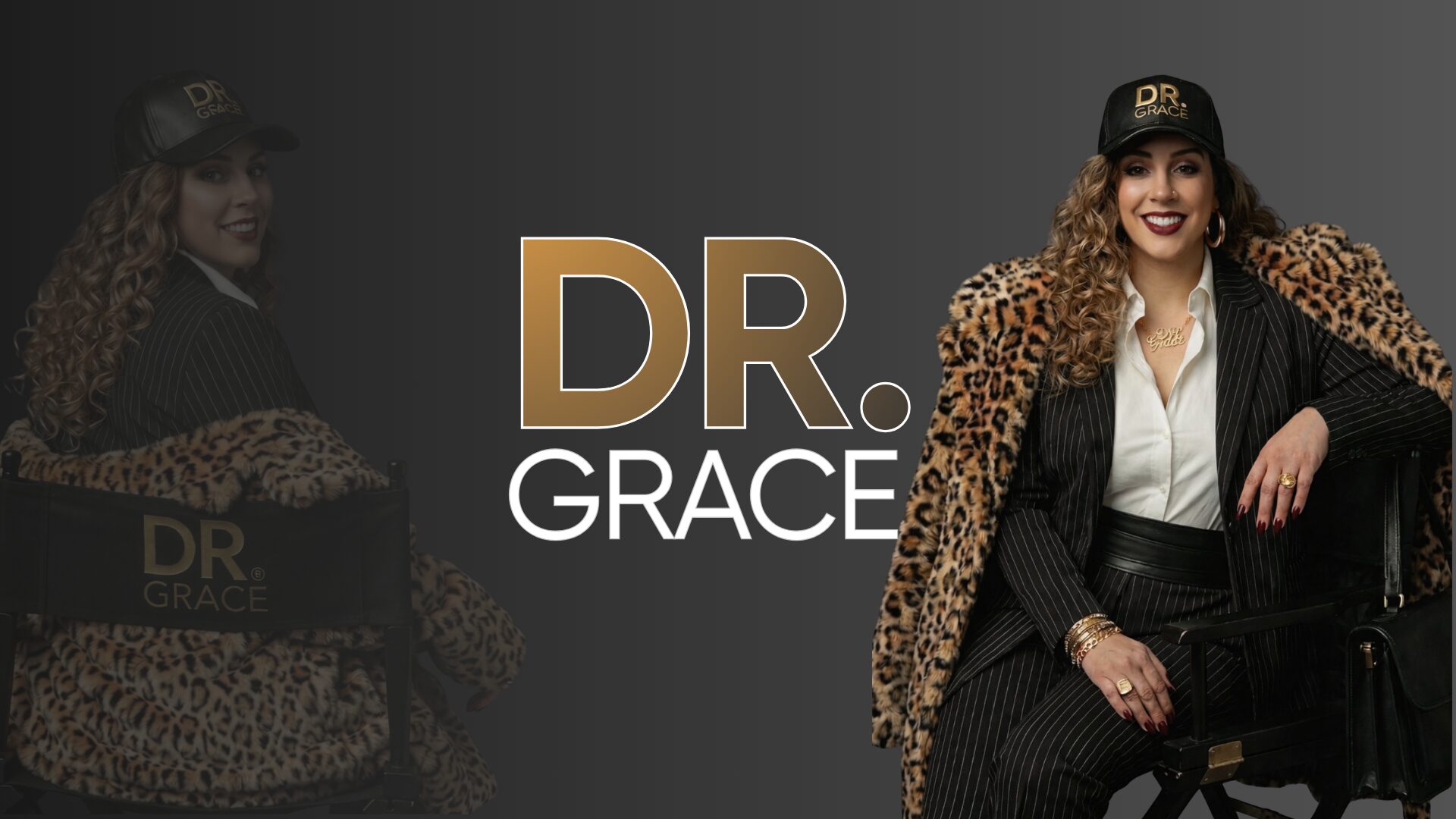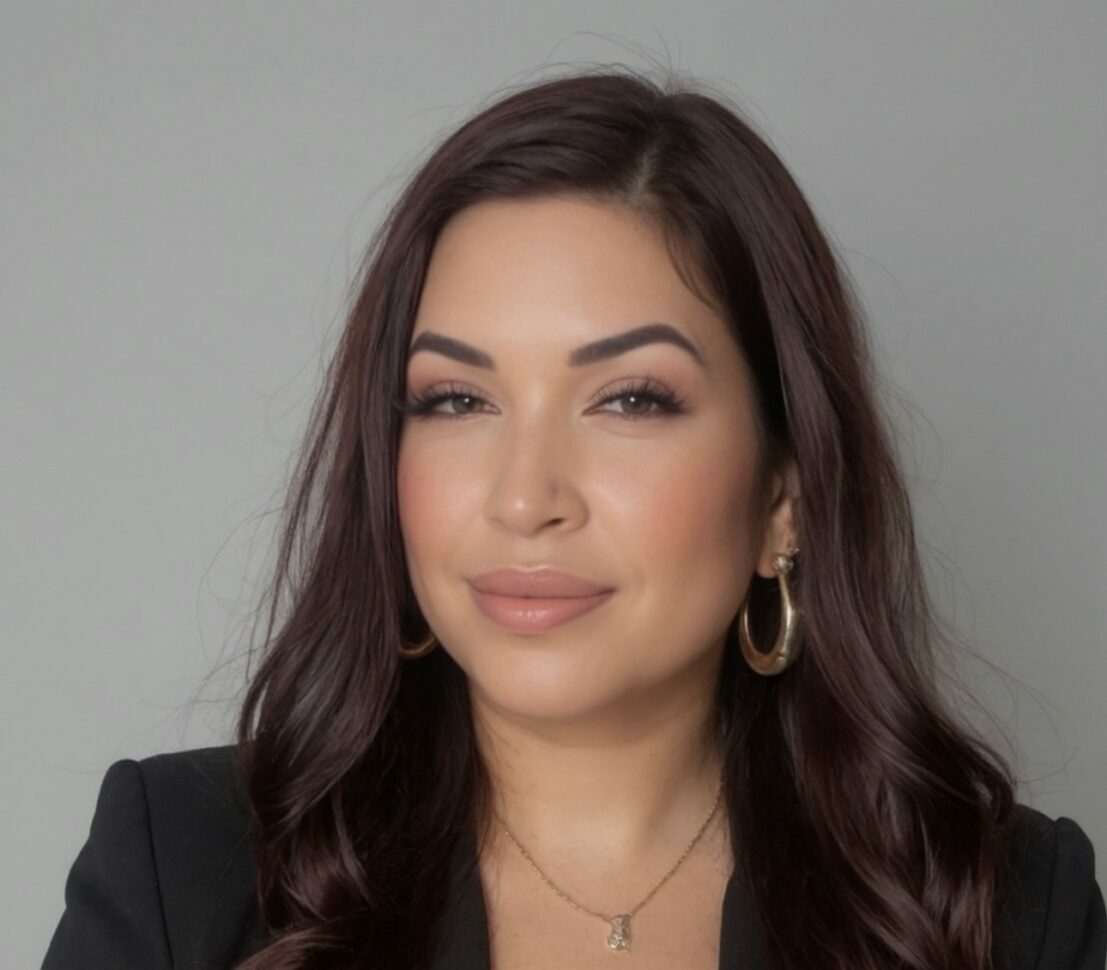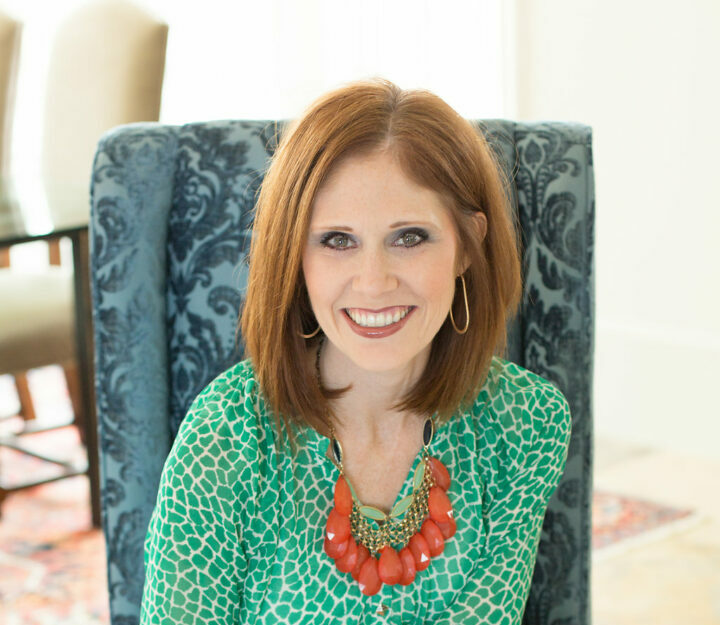We recently connected with Michael Bowen and have shared our conversation below.
Michael, thanks so much for taking the time to share your insights and lessons with us today. We’re particularly interested in hearing about how you became such a resilient person. Where do you get your resilience from?
First, I think it is important to make a note that resilience isn’t drawn from one place, nor is it drawn only from within us, though that is an important source. Our ability to hold strong or bounce back in the face of adverse conditions is crucial, but I am perhaps more drawn to the term antifragility developed by Nassim Taleb. Antifragility is the idea that a stressor can result in a new ability to thrive to a greater degree than prior to the stressor. My resilience is drawn from the breadth of experiences in my life, as well as the people in it. Challenges I faced in school, in sport, and in my career and personal life have forged who I am and taught me that I can overcome stressors and have gained something, whether it is a new skill or new perspective, that can make me better than I was prior.
Appreciate the insights and wisdom. Before we dig deeper and ask you about the skills that matter and more, maybe you can tell our readers about yourself?
My name is Michael Bowen, and I am a physician who at the time of this writing is nearing completion of a sleep medicine fellowship, after which I will be practicing both psychiatry and sleep medicine at Choulet Wellness in Scottsdale, AZ. I grew up in southern California and spent a significant portion of my teenage years devoted to competitive swimming. I was lucky to have enough success throughout high school that I was recruited to swim in college, choosing to move across the country to swim all four years on the varsity team at Harvard (and experience life with more extreme seasons!). I majored in anthropology there, but I do like to joke that I majored in swimming, as when I look back at what shaped me in those formative young adult years, it is impossible to separate my time in the pool and with my teammates from the major life lessons I took forward with me into my adult life. During my senior year, I made the decision that I wanted to go to medical school, and later found a new region of our country to make home for four years, moving to Columbus, OH, to study at The Ohio State University College of Medicine. I expected to go into emergency medicine, but ultimately found myself fascinated by the mind and the impact it has on our overall health, and after medical school completed a residency in psychiatry. In residency, in addition to my near daily learning on how to be a physician and specifically a psychiatrist, I also learned how to be an active duty naval officer–I had completed medical school as a part of the Navy Health Professions Scholarship Program and began active duty service after graduating. I spent the next eight years as a naval officer, which included tours with a Fleet Surgical Team and embedded with a Marine Corps infantry regiment as well as a seven-month deployment on-board ship. Providing therapy and psychiatric medication management in these less common settings allowed me to grow as a professional and to get a breadth of experiences I might not have had otherwise, and it was a true pleasure to have had the opportunity to serve in those settings. After eight years I chose to resign my commission and exit the military back into civilian life, beginning the next chapter of my career as a sleep medicine fellow in Phoenix, AZ. I was drawn to sleep medicine because of the impact I’d seen sleep have on my psychiatric patients, and I truly believe that greater integration of psychiatry and sleep medicine services can benefit individuals who struggle in these areas. Even for those without any diagnosable disorders, both medical specialties carry a wealth of knowledge that can help improve our health. My professional goal is to be able to provide comprehensive psychiatric and sleep screening and assessments to my patients, and to provide actionable knowledge about how these domains of our health interact and ultimately impact other areas of our health and our life experience. In the future, I am interested in designing a clinic that provides preventive health services with a focus on mental health and sleep, to help people proactively increase their healthspan.
There is so much advice out there about all the different skills and qualities folks need to develop in order to succeed in today’s highly competitive environment and often it can feel overwhelming. So, if we had to break it down to just the three that matter most, which three skills or qualities would you focus on?
Determination, reflection, and adaptability. I find determination towards specific goals is a necessity, even if it is a small goal. Achieving or failing at each goal allows for the challenge of reflecting on what you learned along the way. Adaptability allows you to pivot towards new goals and actively shape yourself into the person and the professional you want to be. Skills and areas of knowledge are built on the above.
We’ve all got limited resources, time, energy, focus etc – so if you had to choose between going all in on your strengths or working on areas where you aren’t as strong, what would you choose?
This depends entirely on your goals. My bias is towards being well-rounded, but there are times when it may be worthwhile to sacrifice proficiency in some areas in favor of others. Athletics and professional careers are easy examples that come to mind. If you want to improve your swimming, you are likely going to need to spend more of your time swimming, which will come at the expense of time spent dedicated to other athletic arenas, such as running or cycling. If you want to compete in triathlon, you must find a balance of the three, which will come at the expense of being as good at one of the three disciplines as you likely could be if you made it your sole focus. If you want to be a doctor, you will need to devote a disproportionate amount of time studying medicine, at the expense of time spent developing other interests. Those are two examples that come quickly to my mind from my own life experience. While I value being well-rounded, focusing on certain strengths at times is important. For most people, your lifespan will allow you to focus on more than one thing throughout your life, though the benefits that come from developing a specific interest more in depth can be profound. More important than whether to focus on development of strengths or weakness is not having blind spots as to what your individual strengths and weaknesses are, and to have an idea of what level of proficiency you need in the different areas. If you are not a professional athlete, your athletic ability may not be your main priority. However, abandoning exercise altogether is likely not a good choice for your health and thus likely not a good choice for your life, whatever your main goals may be. Being well-rounded allows you to be ready to adapt to new things, and developing specific strengths allows you to develop mastery over a specific skillset. I think that both are important to a life well lived.
Contact Info:




Image Credits
Personal Photo: Chasing Vieau Additional Photos: Candice Shiflet Photography




